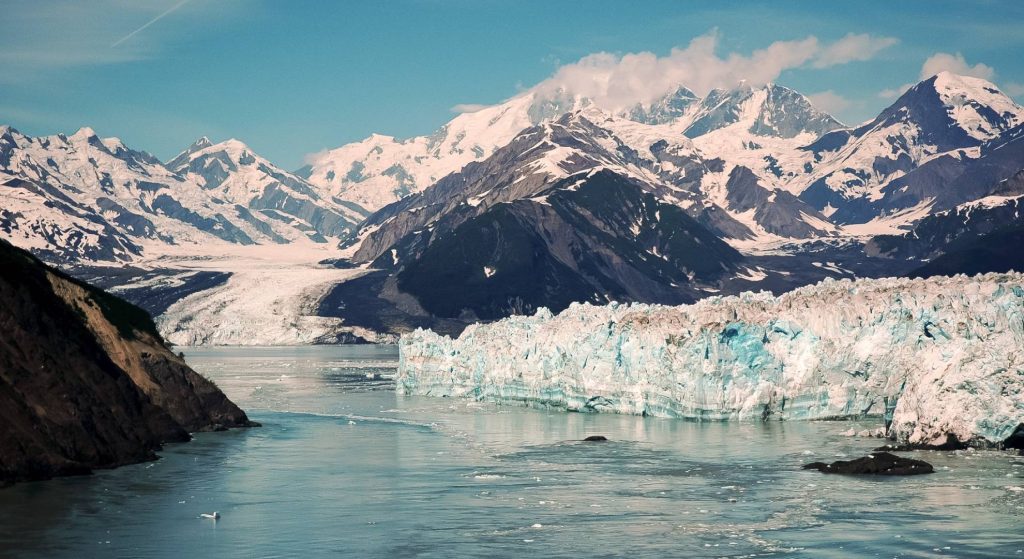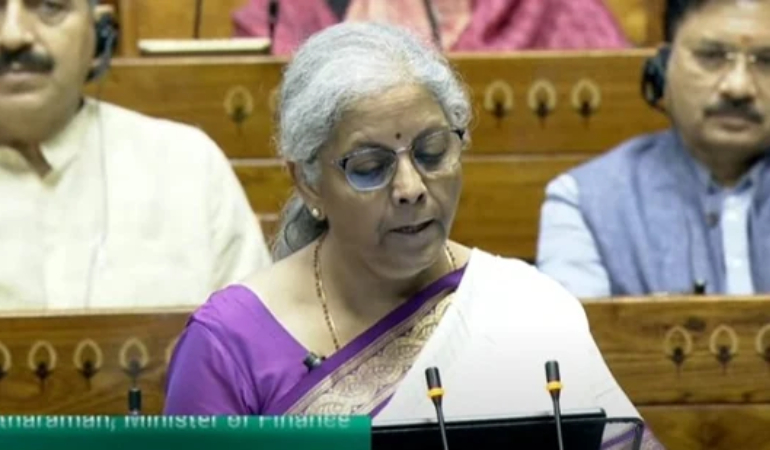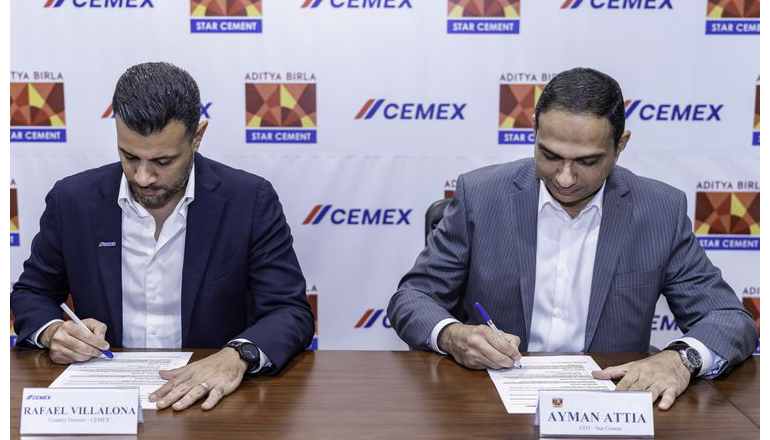Brazil’s proposal to establish a new multilateral body under the UN climate regime to expedite the implementation of COP decisions has sparked cautious responses from key developed countries.
The idea, floated informally ahead of COP30, which Brazil will host later this year in Belém, suggests forming a Climate Change Council under the United Nations Framework Convention on Climate Change (UNFCCC) to accelerate decision-making, improve coordination, and fast-track implementation of
climate agreements.
The move is prompted by concerns that the current UN process is too slow and bureaucratic to address the climate crisis. Despite the Paris Agreement’s progress, experts warn that the world is still off course to limit temperature rise to 1.5 degrees.
The idea is to speed up decision-making, coordinate efforts, and improve implementation, as many feel the current UN climate process is too slow and complicated.
While the Paris Agreement has helped lower projected warming since the start of the Industrial Revolution to around 2.1-2.8 degrees Celsius, the world is still off track for its 1.5 degrees Celsius goal. In fact, 2024 was the first year with global temperatures above 1.5 degrees Celsius for a full calendar year.
Brazil’s move stems from growing concerns that the existing UN climate process is too slow and bureaucratic to meet the urgency of the climate crisis. Despite the progress made through the Paris Agreement, which has reduced projected warming from nearly 5 degrees Celsius to about 2.7 degrees, experts warn that the world is still off course to limit temperature rise to 1.5 degrees. 2024 marked the first year in which global temperatures remained above 1.5 degrees Celsius for an entire calendar year.
Germany, the Netherlands, and Sweden have supported reform discussions but warned against weakening the core UNFCCC process.
Brazil’s proposal aims to speed up decision-making, coordinate efforts, and improve implementation, as many feel the current UN climate process is too slow and complicated.
The Paris Agreement has helped lower projected warming since the Industrial Revolution, but the world is still off track for its 1.5 degrees Celsius goal.
The caution:
Against this backdrop, Brazil’s proposal was discussed at the Petersberg Climate Dialogue in Berlin last month, where members of a five-member European Union delegation visiting India recently shared their perspectives.
Gerhard Schlaudraff, deputy special envoy for international climate action, Germany, welcomed Brazil’s initiative to spark dialogue but cautioned against undermining the current UN climate architecture. “There is a general idea that the Brazilians put forward, but everyone in the room agreed that the UNFCCC is, right now, the best system we have, and we should not throw it away,” he said. He said that the UNFCCC is a platform for inclusive multilateralism where every country has an equal voice. “Every year, the expectation is that the COPs will solve the climate crisis, and that’s not realistic.” Instead of abandoning the current system, he urged building on what exists, recognizing both its strengths and limitations.
According to Anthony Agotha, special envoy for climate and environment for the European Union, “These are UN processes with consensus, and they can be painfully, painfully slow,” he said. “We don’t have a world government, but interestingly enough, we all come together at these COPs and come out with something.” He reflected on last year’s climate talks in Baku (COP29), saying the outcome “could have been worse” and underscoring the significance of holding the process together, especially in a time when the U.S. had withdrawn from the Paris Agreement.”










